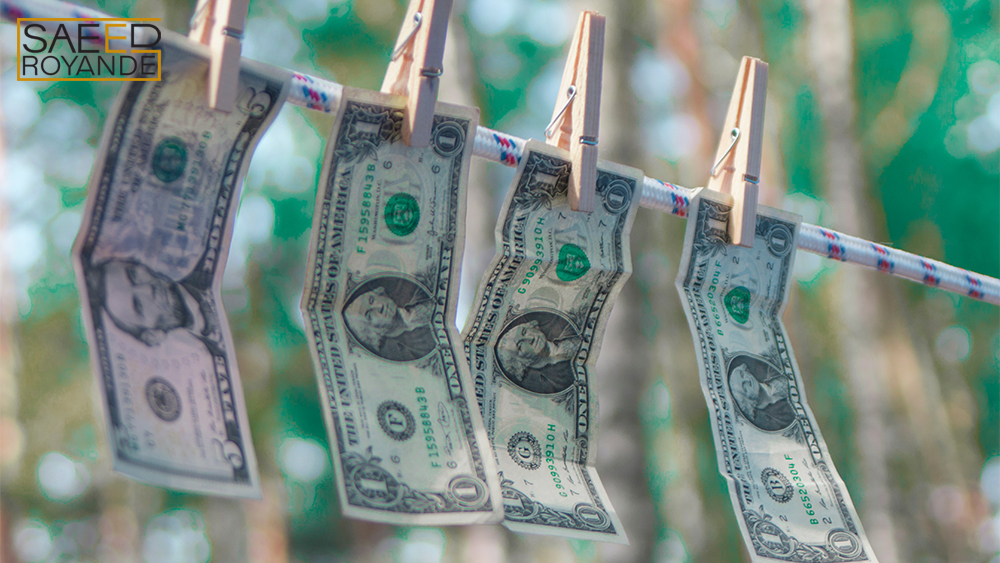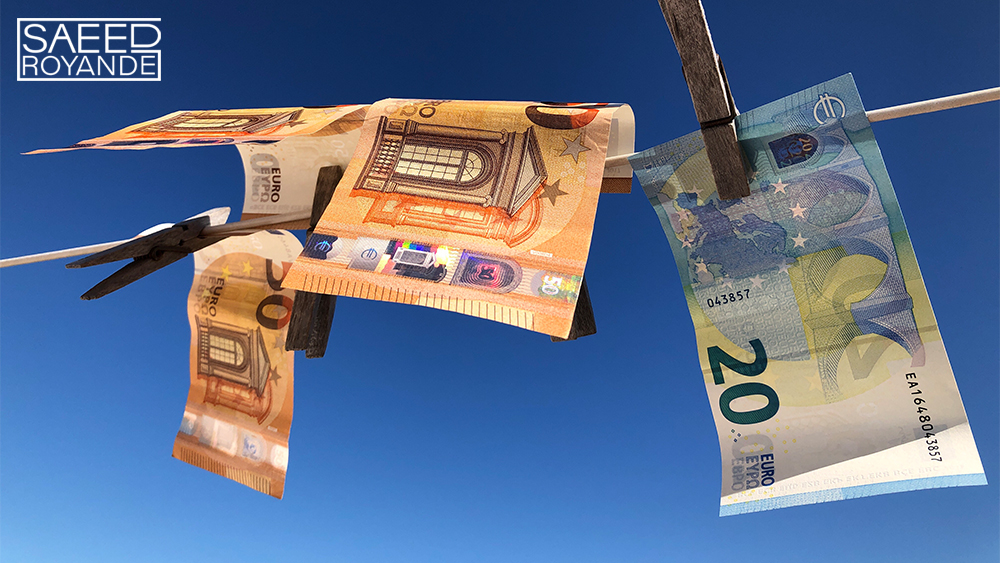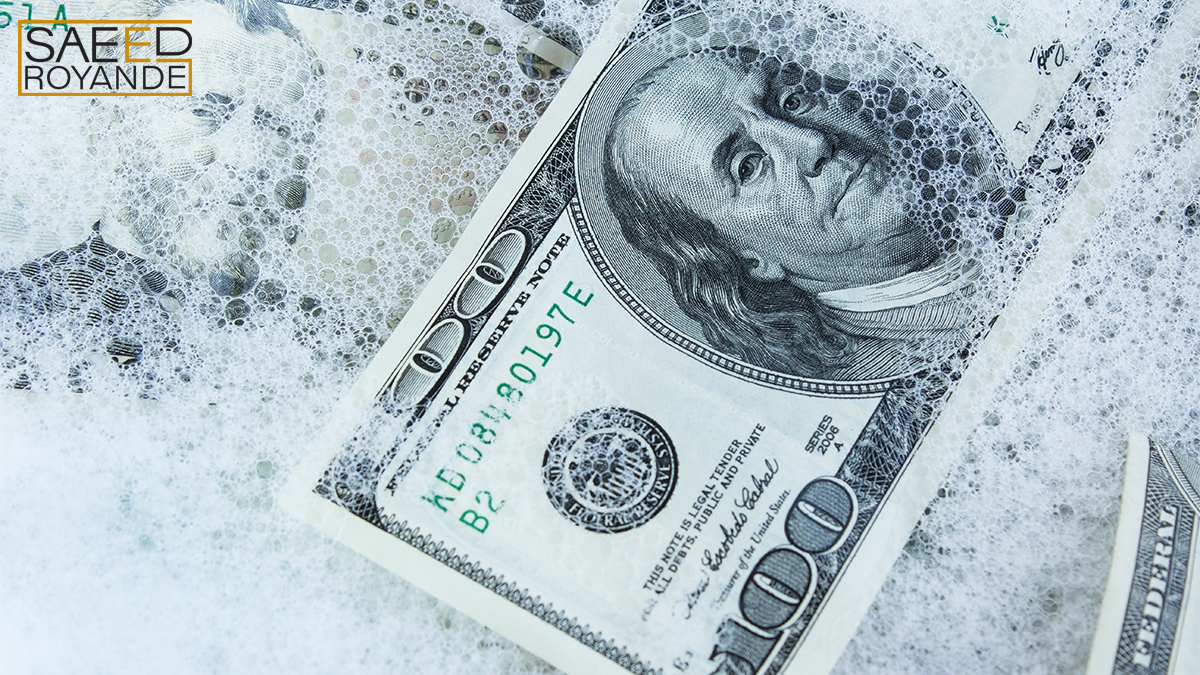Corruption, tax evasion, theft, drug trafficking, and migrant smuggling are all crimes that gain from money laundering. Many of these offences directly impact the state of the economy. By reducing the resources available for constructive purposes like road construction, school construction, or hospital construction, corruption and tax evasion make it harder for governments to produce long-term growth that benefits all citizens. So how does it affect the economy?
The economic impact of money laundering
This illegal activity affects tax income because it is hidden from the authorities. As a result, this has a negative impact on the economy as a whole and offers illegal enterprises an unfair advantage over those that operate legally. Making money is secondary when a company’s sole purpose is to launder money, which disadvantages legitimate firms because their products are frequently offered for less than their actual manufacturing costs.

Dollars hang in the closet
It is not uncommon for enterprises purchased only for the purpose of cleaning money to become unproductive or “sterile” because of money laundering. As a result, the economy’s real sector is less efficient no matter what marketing strategy they are following or which business coach is running them. Studies have shown that crime and corruption inhibit economic growth, particularly in emerging economies, which have a limited capacity to combat unlawful activities. In many cases, the international community is needed to end the cycle of corruption. International capital flow volatility and exchange rate volatility are also caused by dirty money.

Money and handcuffs concept for corruption fraud
How is money laundered?
To begin the money laundering process, the money launderer places his or her illegal gains into the banking system. Breaking huge sums of cash into smaller sums and depositing them directly into a bank account or purchasing a series of monetary instruments (cheques, money orders, etc.) that are subsequently collected and deposited at a different place. The second stage, known as layering, occurs after the money has entered the financial system. During this phase, the money launderer performs a series of conversions or movements of the monies in an effort to remove them from their initial source of origin. The launderer may choose to buy and sell financial instruments, or he or she may just wire the monies to numerous bank accounts throughout the world. In nations where anti-money laundering investigations do not co-operate, the use of widely spread accounts for laundering is extremely prevalent. As a way to make the transfers appear more genuine, the launderer may disguise them as payments for goods or services.

Euro banknotes pegged to a clothesline drying
How money laundry affects the business
Money laundering makes it more challenging for legitimate firms to compete in today’s marketplace since money launderers generally offer items or services at a lower price than their market value. Money laundering or a lack of reasonable anti-laundering practices can result in the termination of a financial institution. Regulation agencies, customers, and other businesses may hold institutions accountable if they become involved in criminal activity. Organized crime has taken over entire businesses in countries where money laundering is common, resulting in higher levels of bribery, corruption, and other illegal activities.


